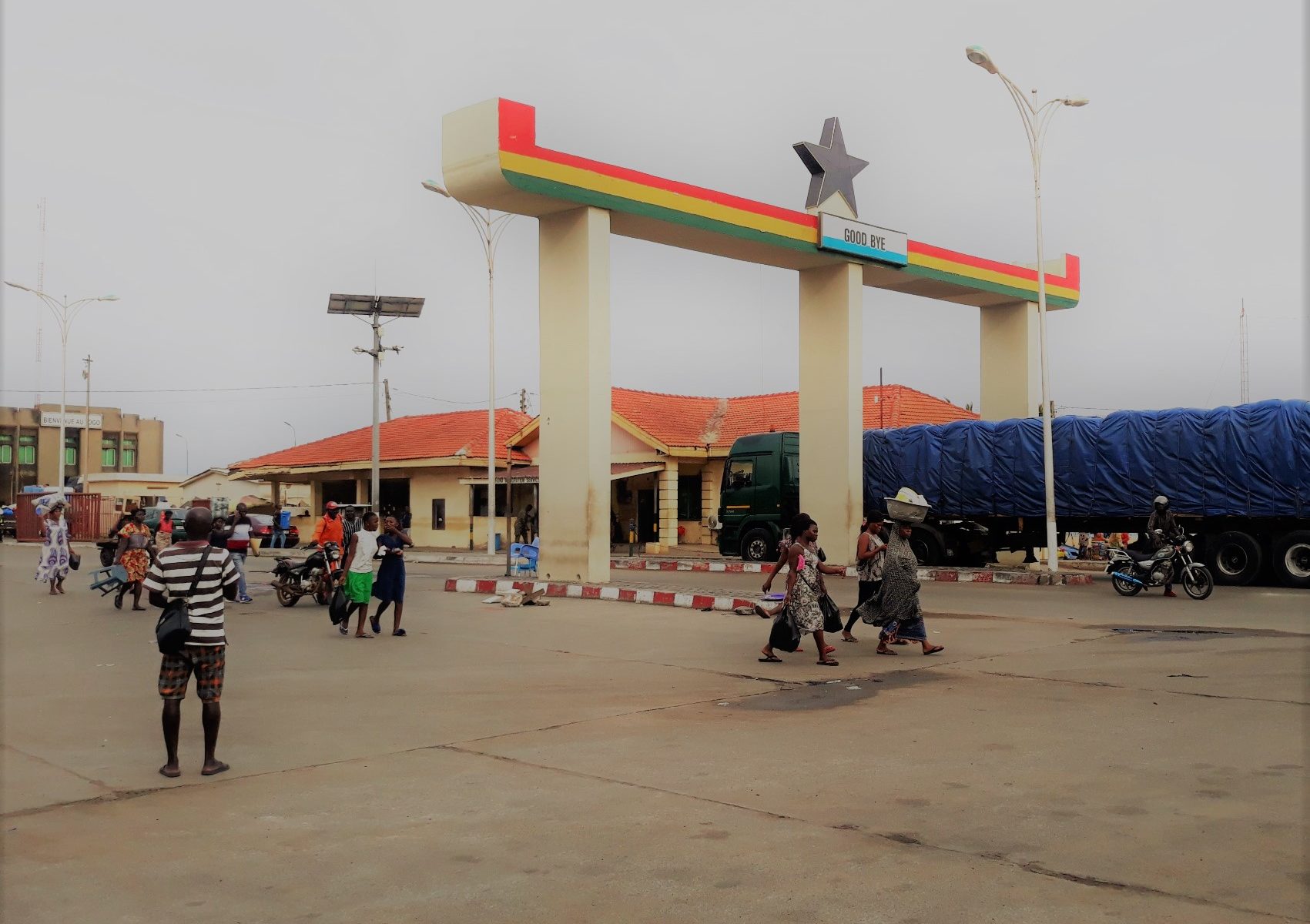African Borderlands Research Network (ABORNE) Annual Meeting
“Security and Trade in African Borderlands”
Paris, France, September 19-20, 2022
Website: https://www.aborne.net/2022-conference-in-paris
About the ABORNE annual meeting
The African Borderlands Research Network (ABORNE) annual meeting is a leading event on interdisciplinary research on African borders and borderlands in the world. Since the ABORNE network was founded in Edinburgh in 2007, meetings and other related events have been held on a nearly yearly basis in both Africa and Europe.
Important Dates
Conference: September 19-20, 2022
Background
Divided by 81’000 km of land borders, the African continent is multiplying initiatives to implement the principles of unity and solidarity formulated since the creation of the Organization of African Unity in 1963. In July 2019, for example, the African Union launched the African Continental Free Trade Area (AfCFTA), a common market that should promote economic exchanges and strengthen continental integration between countries.
These initiatives are intended to cope with the often rapid development of informal trade and the emergence of global networks that connect Africa to the rest of the world. Border areas, in particular, are home to vibrant local economies, in which dense cross-border networks of traders and suppliers offer significant opportunities for value addition and job creation, especially in the fast-growing food sector.
In recent decades, however, the multiplication of trade facilitation initiatives in Africa has been accompanied by a deterioration of security conditions in border areas. Trade activities have been significantly disrupted by political insecurity, with major consequences for local livelihoods.
One of the peculiarities of the conflicts in the continent is indeed to exploit border areas, even as states seek to promote formal exchanges. In the Gulf of Guinea, for example, porous borders have greatly encouraged the rebellions that ripped apart Sierra Leone, Liberia, and Côte d’Ivoire from the early 1990s.
More recently, Sahelian and Saharan border areas have served as a base for many armed groups to destabilize the states of the region, from eastern Mauritania to Lake Chad. Recent studies show, for example, that border regions are proportionally more dangerous than other regions in West Africa, due to a combination of terrorist and trafficking activities. In Central Africa, rebel groups such as the Lord’s Resistance Army (LRA) have perfected the art of eluding military counter-offensives and caused massive human rights violations across borders. In the Horn of Africa, Al-Shabaab has contributed to the destabilization of Somalia and its neighboring countries since the mid-2000s. Similar developments have been observed in North and Southern Africa.
In this context, many African countries are in the difficult situation of having to pursue their regional integration efforts without having the resources to control their borders. This imbalance in the regional integration process penalizes both trade and political stability as criminal activity develops in the absence of security, while the temptation to resort to violence increases in areas where there are few trade possibilities. Because of unstable border areas, many opportunities for local territorial development are left unexploited. These include infrastructure upgrades, improved market access, food systems transformation, as well as worker mobility.
Scientific objective
The objective of the ABORNE annual meeting organized by the OECD Sahel and West Africa Club (SWAC/OECD) and the University of Florida Sahel Research Group (SRG) is to rethink the complicated relationships that bind trade and security in African borderlands.
The conference will make a significant contribution to the academic and policy debates related to the opening of borders to trade and their control by states and regional organizations. The conference will serve as a global forum for border scholars, local, regional and national policymakers, and other border professionals from customs and security agencies, irrespective of their disciplinary backgrounds, methodological approaches, or geographical scope.
The conference will offer a unique opportunity to explore how trade facilitation initiatives, border cities, and informal trade networks are affected by political instability at the margins of African states. Particular attention will be paid to the conceptual and empirical contributions that explore regional dynamics rather than case studies.
Topics of interest include (but are not limited to) the following:
- Historical and spatial changes in cross-border trade networks
- Regional trade facilitation initiatives
- Transport corridors, infrastructure, and mobility in border regions
- Food systems transformations and the expansion of food value chains across borders
- Impact of political insecurity on border cities and markets
- Borders, safe havens, and violent extremist groups
- Transnational political violence and Jihadism
- Military strategies to control transnational flows
- Technologies to securitize borders
- Migration policies and border regions
- Trafficking and borders
Organizing Committee
- Olivier Walther (Chair), Department of Geography, University of Florida.
- Marie Trémolières, OECD Sahel and West Africa Club, Paris.
- Matthew Pflaum, Department of Geography, University of Florida.
- Alison McLatchie, OECD Sahel and West Africa Club, Paris.
Scientific Committee
- Professor Anthony Asiwaju, University of Lagos
- Professor Paul Nugent, University of Edinburgh
- Professor Pierre Englebert, Pomona College
- Professor Bill Miles, Northeastern University
- Dr. Hugh Lamarque, University of Edinburgh
- Dr. Wilma Nchito, University of Zambia
- Dr. Thomas Hüsken, University of Bayreuth
- Dr. Isabella Soi, University of Cagliari
- Dr. Inocent Moyo, University of Zululand
- Dr. Marie Trémolières, OECD
- Dr. Olivier Walther, University of Florida
Conference venue
The conference will take place at the OECD Conference Centre, 2 rue André Pascal, 75016, Paris, France, and online. The venue is located within an approximately 5-minute walk from the subway (Michel-Ange Molitor) and one hour from Paris-Charles de Gaulle Airport. Paris offers regular flights to hundreds of destinations and many choices of accommodation and restaurants.
For further information, please visit the ABORNE website.
Contact
Dr. Olivier J. Walther, Chair
Department of Geography
University of Florida
Gainesville, FL 32607
United States
aborne2020@africa.ufl.edu
